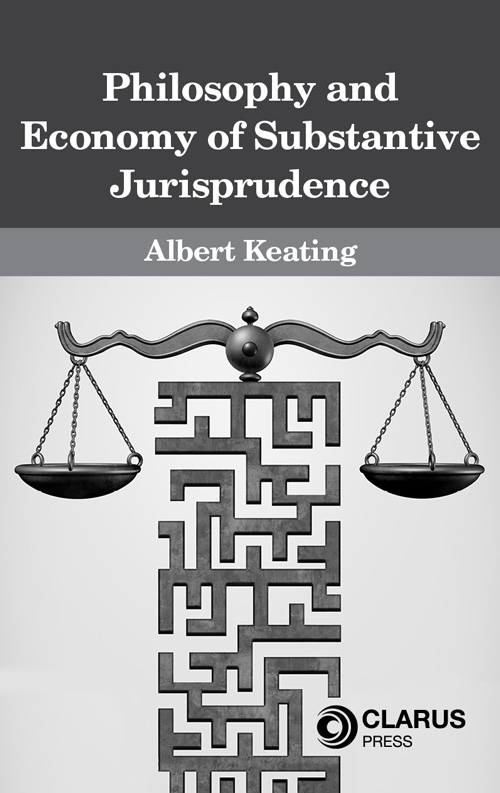
In the Philosophy and Economy of Substantive Jurisprudence, the author analyses the fundamental nature and economy of substantive jurisprudence. He argues that the philosophy of substantive jurisprudence may be structured on the Cartesian method of reasoning consisting of the two primary rules, viz. the intuitive rule, which states that a conception of a clear mind is formed by reason alone, and deductive rule, that inferences may be deduced from facts that are known for certain, and employing both rules to explain the intuitive, deductive interpretative and adductive philosophy of substantive jurisprudence. The Cartesian method may also be employed to distinguish between right and wrong thinking by persons when measured against objective and reasonable standards of behaviour. When the courts engage in the interpretative construction of Acts of the Oireachtas they may also formulate or reformulate principles and tests when so doing, and the author argues that such principles and tests may be viewed as acquiring the status of interpretative sources of law. The work also shows and explains the economy of substantive jurisprudence as comprised of the concepts of naturalism, positivism, legal validity, rules, principles and propositions.